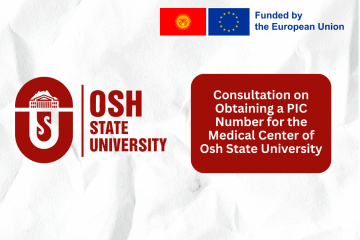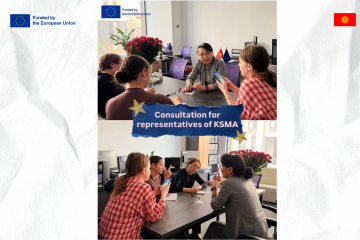One of the four international Erasmus+ actions, ICM funds short-term higher education mobility of students and staff between Programme and Partner Countries. The action is decentralised and managed by the National Agencies of the 33 Erasmus+ Programme Countries.
The total call budget for 2016 amounted to EUR 135.7 million, split into 11 discrete budget envelopes. Compared to the 10 budget envelopes in 2015, there was an additional envelope for African, Caribbean and Pacific Countries (ACP) under the European Development Fund (EDF) funding instrument, of EUR 5.3 million.
The annexed document shows the results by round of both 2015 and 2016 calls. The tables and accompanying graphs are aggregated for the 33 European Programme Countries and represent planned activities which have not yet been undertaken. Higher education institutions (HEIs) will have up to 26 months to implement the planned mobilities, from the fixed started date of 1 June of the call year.
Results
In 2016, 888 of the 1,290 eligible applications received were awarded funding, a success rate of 69% (up from 60% in 2015). These projects plan to fund over 35,850 grants by July 2018, a 28% increase compared to the 2015 call. Of these, 22,930 grants (two-thirds of the total) will be awarded to students and staff incoming to Europe from Partner Countries, up by 18% from the first call.
The share of outgoing grants from Europe to Partner Countries has increased from 31% in 2015 to 36% in 2016. The increase is significant with countries funded by the ENI instrument, where the limit on outgoing mobilities was lifted after the 2015 call: while the total number of funded mobilities has increased in both directions, the share of outgoing mobilities to ENI countries has risen to 32% of the total – approaching the average for all regions. This trend towards greater parity between incoming and outgoing mobility is welcomed by HEIs in Programme and Partner Countries alike and has directly contributed to greater budget uptake in 2016.
A second noteworthy development has been a shift in the preferred participant type: in 2015, the student: staff ratio was 54%/46% which in 2016 this shifted to 45%/55% with staff mobility in the majority for the first time. The increase proportion of staff mobilities, which are shorter and cheaper than student mobility, explains why the total number of grants has increased by 28% compared to 2015, despite only a modest increase in the available budget. While promoting the action, the Commission repeatedly emphasised that staff mobility has systemic impacts for participating HEIs and that this activity is a good place to start with new partners.
According to the results from the two first calls for ICM, a total of EUR 236 million have been awarded to 1,715 projects since the start of Erasmus+. Around 64,000 grants will be funded from these first two calls, with two thirds of participants incoming to Europe and one third outgoing to Partner Countries. So far the planned grants are split evenly between academic and administrative staff mobility and fund mobility of students at first and second-cycle, as well as third-cycle doctoral mobility.
Budget Absorption
A total grant of EUR 126.6 million was awarded under the 2016 call, accounting for over 93% of the initial call budget, up from EUR 109.8 million awarded (90% of the total) in 2015. More than EUR 7 million of the EUR 8 million remaining after the two rounds in 2016 can be carried forward to the 2017 call.



